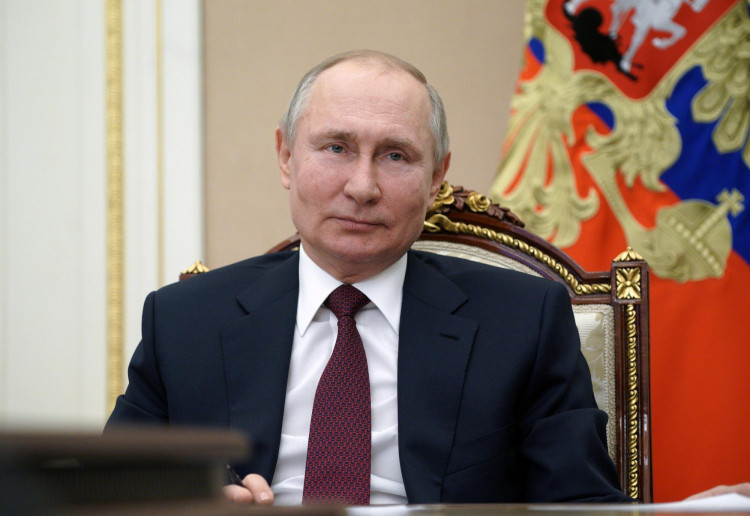On Wednesday, Russia accused Ukraine of orchestrating a botched drone assassination attempt on President Vladimir Putin at the Kremlin citadel in Moscow. The Kremlin stated that it reserved the right to retaliate. Ukraine's President Volodymyr Zelenskiy's senior aide, Mykhailo Podolyak, denied Kyiv's involvement in the alleged incident, suggesting that the Kremlin could use the event as a pretext for further attacks on Ukraine.
The Kremlin reported that "two unmanned aerial vehicles were aimed at the Kremlin," but were neutralized by "timely actions taken by the military and special services with the use of radar warfare systems." The Russian government views this as a "planned terrorist act and an attempt on the president's life" occurring just before Victory Day and the May 9 Parade.
While no injuries or damages resulted from the drone fragments scattered in the Kremlin grounds, the Kremlin stated that "the Russian side reserves the right to take retaliatory measures where and when it sees fit."
A video released by Baza, a Telegram channel linked to Russia's law enforcement agencies, showed a flying object nearing a Kremlin building dome before exploding. Reuters could not independently verify the footage.
Meanwhile, oil depots in both southern Russia and Ukraine were on fire as the drone war escalated before Kyiv's anticipated spring counteroffensive. Russia blamed a Ukrainian drone for crashing into an oil terminal on Russia's side of the bridge to occupied Crimea, causing a massive fire. In contrast, a fuel depot in Ukraine caught fire after a suspected Russian drone strike on the central city of Kropyvnytskyi.
Ukraine claimed to have shot down 21 of 26 Iranian-made drones in an overnight attack, protecting targets in Kyiv. President Zelenskiy received a warm welcome in Helsinki, Finland, where he met with Nordic leaders, who have consistently supported Ukraine.
Both Ukraine and Russia have been launching long-range strikes in preparation for Ukraine's forthcoming counteroffensive, which Zelenskiy stated would begin soon. The recent wave of long-range Russian attacks began last Friday, with one missile killing 23 civilians in an apartment building in the city of Uman, far from the frontlines.
The Kremlin asserts that its long-range attacks target military installations but has not provided any evidence. In contrast, Kyiv, without admitting involvement in incidents in Russia or occupied Crimea, claims that destroying infrastructure is part of the groundwork for its planned ground assault.





